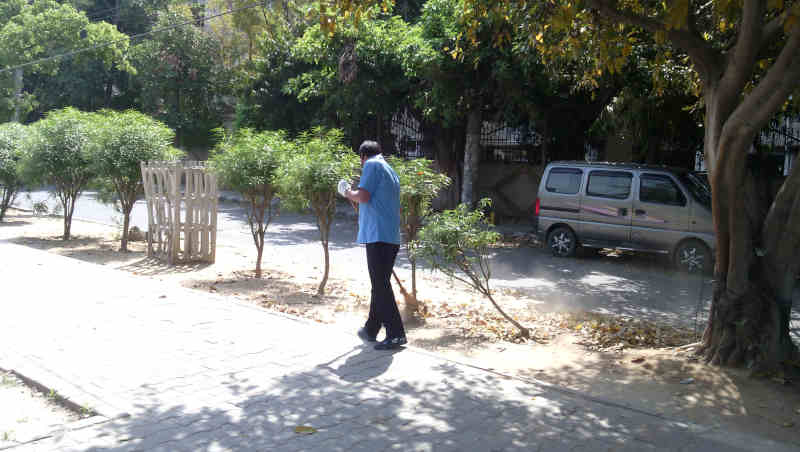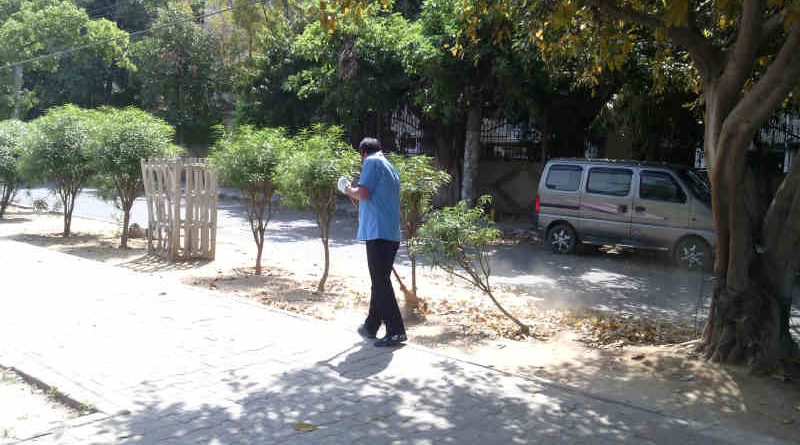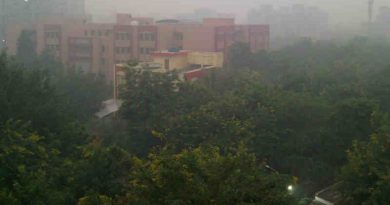WMO Report Shows Impact of Covid-19 on Air Pollution

Air pollution has significant impacts on human health.
The Covid-19 lockdown and travel restrictions led to a dramatic short-lived fall in emissions of key air pollutants in 2020, especially in urban areas. Many city dwellers saw blue skies instead of the pollution cloud. But the reduction was not uniformly spread across all regions or all types of pollutants. And many parts of the world still fell short of air quality guidelines, according to a new report released today (September 3) by the World Meteorological Organization (WMO).
The Air Quality and Climate Bulletin – the first of its kind issued by WMO – highlights the main factors that influence air quality patterns in 2020, in comparison to other years. It shows how there were episodes of both improvement and deterioration of air quality in different parts of the world. It demonstrates an intimate connection between air quality and climate change.
While human-caused emissions of air pollutants fell during the Covid-19 economic turndown, meteorological extremes fuelled by climate and environmental change triggered unprecedented sand and dust storms and wildfires that affected air quality. This trend is continuing in 2021. Devastating wildfires in North America, Europe and Siberia have affected air quality for millions, and sand and dust storms have blanketed many regions and travelled across continents.
“Covid-19 proved to be an unplanned air-quality experiment, and it did lead to temporary localized improvements. But a pandemic is not a substitute for sustained and systematic action to tackle major drivers of both pollution and climate change and so safeguard the health of both people and planet,” said WMO Secretary-General Prof. Petteri Taalas.
“The impacts of air pollutants occur near the surface, on timescales of days to weeks, and are usually localized. By contrast, ongoing climate change, caused by the accumulation of greenhouse gases in the atmosphere, is happening on a timescale of decades to centuries and is driving environmental changes worldwide. Despite the differences, we need a coherent and integrated air quality and climate policy based on observations and science,” he said.
Air pollution has significant impacts on human health. Estimates from the latest Global Burden of Disease assessment show that global mortality increased from 2.3 million in 1990 (91% due to particulate matter, 9% due to ozone) to 4.5 million in 2019 (92% due to particulate matter, 8% due to ozone), says the Bulletin.
The Bulletin and an accompanying animation was published ahead of International Day of Clean Air for Blue Skies on 7 September. This was established by the UN General Assembly to raise awareness and facilitate actions to improve air quality which is critical for human health and climate change mitigation. The theme this year is Healthy Air, Healthy Planet.




